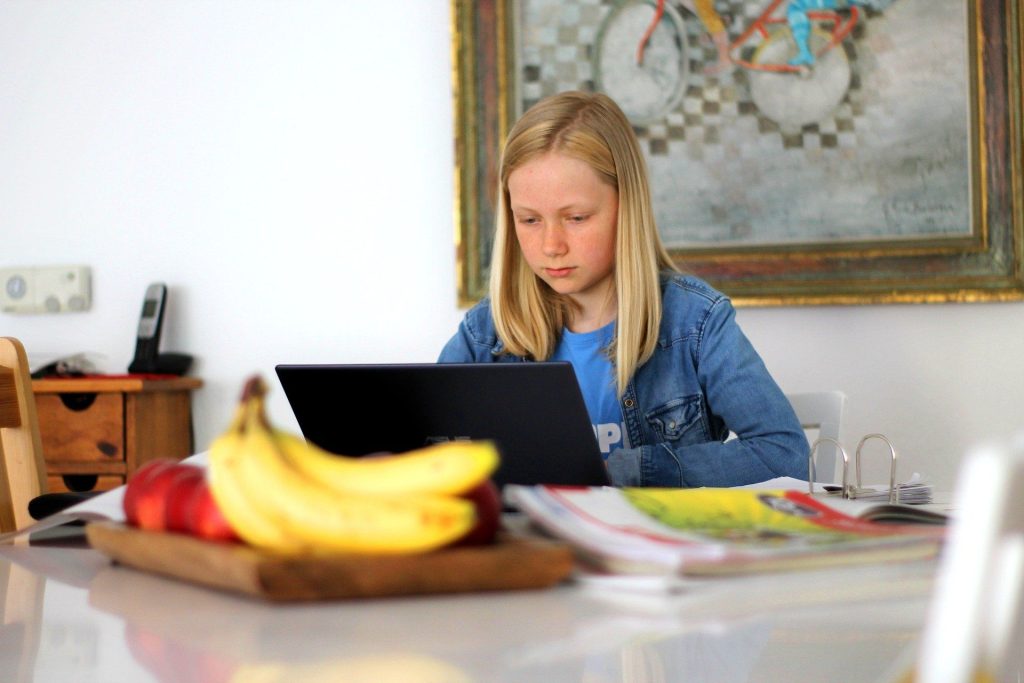In this day of tech, is developing your child’s vocabulary proving to be a challenge? There are literally thousands of words in the English language and it continuously evolves over time. All I need to say is “like” and you know where I am coming from innit!
At SmartStepZ we would like to join you on your journey whether you are preparing for the 11+, up levelling creative writing or just boosting confidence. Here are some simple steps that you can do to improve your lexicon (challenge number one…go look it up!)
Explain the meaning behind words
Steps to follow:
- Recognising that it is a new word, this could be while reading, watching a movie or overheard
- Help your child recognise the root word – what do we mean by “root word”? A root word is a basic word with no prefix or suffix added to it (a prefix is a set of letters that go at the start of a word; a suffix is a set of letters that go at the end of a word). By adding prefixes and suffixes to a root word we can change its meaning or make a compound word.
For example, if your child doesn’t understand the word “Multilingual”, discuss what “Multi” means, give context, you may have bought a multi-bag of crisps. Once it is understood that the word multi means many, you could tell them to re-read a sentence so they understand its context and guess the possibility of the meaning of the word. If they still do not know, discuss the meaning of “lingual” and re-read the sentence. - Explain the definition of the word
- Provide an example of how you’d use it in a sentence. You may have to present the word in different scenarios
Write the words down
Encourage your child to write down the new words, along with sentences using that word, in a “Word Diary”
To further understand the new vocabulary, encourage your child to keep a diary; they can choose how they want to record the vocabulary learned ( stories, sentences, poems, images etc). Let them be creative! Why don’t you print out our free resources to practise some tricky words, write these words down and keep on practising.
Reading, reading and more reading and read a variety of sources
Reading really is the key to the secret door! With reading comes understanding and with understanding, everything is just so simple.
As a parent, regular reading should be a must; be their role model! I always found going to bookshops with a coffee shop worked wonders to develop a love for reading. There is nothing better than a mug of hot chocolate and a good book. If budgets are tight your local library is a wonderful source of reading material.
Encourage your child to read a wide variety of genres but also be aware of their abilities and interests; reading a book verbatim will serve no purpose other than confusion and boredom as will reading about horses when you love football, or reading about football when you are fascinated by dinosaurs.
Sharing a book benefits everyone. It allows you to monitor your child’s reading while enabling you to discuss words found difficult and discuss what the author is saying beyond the text.
Other resources to develop vocabulary
Newspapers, journals, comics and even YouTube videos are made especially for children. You can turn on the subtitles and play “spot the errors” when they use automatic captioning.
Recently, a child asked me what was happening between Russia and Ukraine. I found a fabulous YouTube video made especially for children; simply explained, no anxiety and so much new vocabulary.
Word games are a must, it does not have to be Scrabble, or Boggle. Use scrap paper to play Hangman, choose a really long word and encourage your child to make as many words only using those letter-no duplicates allowed! Play I-Spy and get them to spell the words out if they spot something new.
Using synonyms and antonyms
Synonyms and antonyms will help boost your child’s vocabulary. Learn more words to say the same thing, without putting the reader to sleep! Use a dictionary or thesaurus, if you don’t have one at home there are plenty of free on-line resources.
We also have some free resources available to download, visit our page on English. Use the words to play a game. Write EACH word on a separate post-it note, mix them up and time your child on matching the words. It will be a game worth playing—guaranteed!
Also, sign up to SmartStepZ online today, if you haven’t already.
If you think your child requires additional support then get in touch with us today for more advice.


